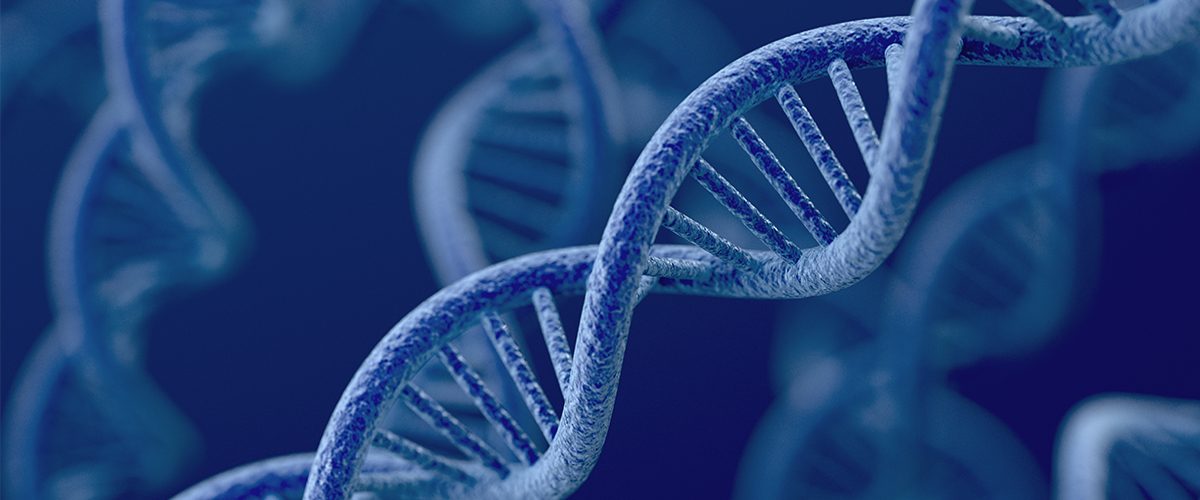With global rates of obesity almost tripling since 1975, the scale of the obesity crisis is growing faster than our waistlines. Since being overweight is associated with a multitude of health problems, including cardiovascular diseases, cancers, and diabetes, tackling this crisis has never been more imperative.
The development of an obesogenic environment, due to ease of access to highly calorific food and reduced energy expenditure in work and leisure activities, has increased the proportion of overweight individuals in society. Scientists now believe that obesity also increases the risk of serious illness post-Covid-19 infection. Among other factors that are known to contribute to obesity, heritability studies have demonstrated that genetics also has a significant role in common obesity, which is thought to be caused by a combination of multiple genetic and environmental factors.
When asked, “Is there an ‘obesity gene?” this is what the experts in nutrition, obesity, genetics, and neuroscience have to say.
Professor Cornelie Nienaber-Rousseau, an expert in nutrition from North-West University in South Africa, says,
Large-scale genome-wide association studies (GWAS) have identified several loci associated with body mass index (BMI) and not just a single loci/gene.

While Dr. Ivor Ebenezer, an expert in neuroscience from the University of Portsmouth in the UK, saysthat “genes control the hormones, neurotransmitters, neuromodulators, and enzymes involved in the regulation of food intake and energy homeostasis. “So, they are linked to managing BMI somehow.
To know the link between obesity and genes Dr, Ebenezer believes that in the hunter-gatherer ancestral time, because of the scarcity or limited availability of food, those who had body fats, survived longer than others. Individuals might possess ‘obesity-promoting genetic variants that were previously advantageous, but that now lead them to become morbidly obese in the current environment.
It is obvious now that genetics do have a role to play in obesity, but that’s not all. It is multifactorial. An expert in bioinformatics and genetics from UNSW Sydney in Australia, Dr. Richard Edwards says,
Obesity is an extremely complex trait controlled by interactions between many genetic and environmental factors. One only needs to look at the changes in obesity levels we are seeing in modern populations versus our recent ancestors – our genes have not changed notably during this period.
Dr. Ebenezer believes that the environment has a strong effect on obesity, “Obesity is due to an excess of energy (food) intake coupled with a decrease in energy expenditure.”
But in addition to all, Dr. Edward argues, that the biggest genetic factor to influence obesity is “epigenetic”, that is, “not to do with what genes you have, but rather how they are expressed and controlled.”. Ebenezer adds to it by saying that, “environmental factors, such as maternal starvation or consumption of foods with high sugar content, can produce epigenetic changes in the fetus that can results in obesity in the offspring.” In short, genetics do contribute to obesity, but it is not the sole reason to blame. From one’s environment to their food choice, or microbiomes in the gut, many complex factors control obesity.
















Add comment